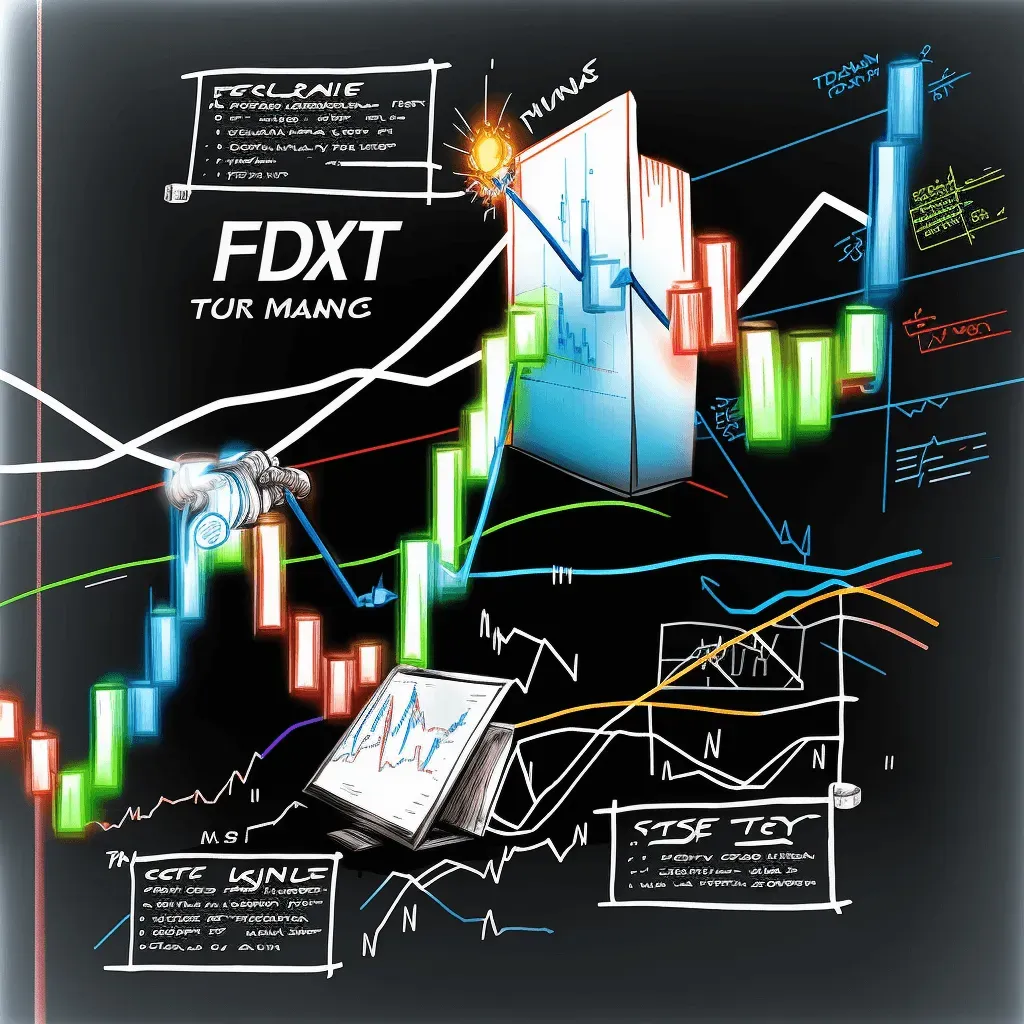
Trading in the Know News letter

Can Forex Make me rich
Forex trading, or trading in foreign exchange, has the potential to make you wealthy. This is particularly true if you are a well-resourced hedge fund or an exceptionally talented currency trader. However, for most retail traders, forex trading can be a difficult path to wealth and could potentially lead to significant losses.
A significant factor in forex trading is its susceptibility to sudden and unexpected events. For instance, when the Swiss National Bank dropped the Swiss franc's cap against the euro in January 2015, the Swiss franc's value soared up to 41% against the euro in a single day. This drastic move led to massive losses for many forex traders and pushed several brokerages into insolvency.
Several other risks could hinder a retail trader's journey to wealth through forex trading. These include:
Platform or System Malfunction: Trading platforms or systems could experience issues such as power outages, internet overload, or computer crashes, which could hinder a trader from closing a trade.
No Information Edge: Major forex trading banks have access to information that retail traders don't, giving them an advantage.
Currency Volatility: Rapid and unexpected changes in currency values can quickly deplete trading capital, particularly when high degrees of leverage are employed.
Over-The-Counter (OTC) Market: The forex market is a decentralized, unregulated OTC market, which means forex trades are not backed by any clearing organization, leading to counterparty risk.
Fraud and Market Manipulation: The forex market has witnessed cases of fraud and market manipulation, some involving large players in the industry.
Forex trading can be profitable over a short period, like days or weeks, but long-term profitability usually requires a substantial amount of cash and a solid risk management system. Forex trading carries high risk due to the substantial amounts needed for significant profits and the common use of high leverage, which can amplify losses.
Compared to stocks, forex trading operates on much shorter timeframes and involves more pronounced price movements due to leverage. Therefore, if you decide to venture into forex trading, it would be wise to limit your leverage, set tight stop-losses, and use a reputable forex brokerage. While the odds might be against you, these steps can help level the playing field to some degree.